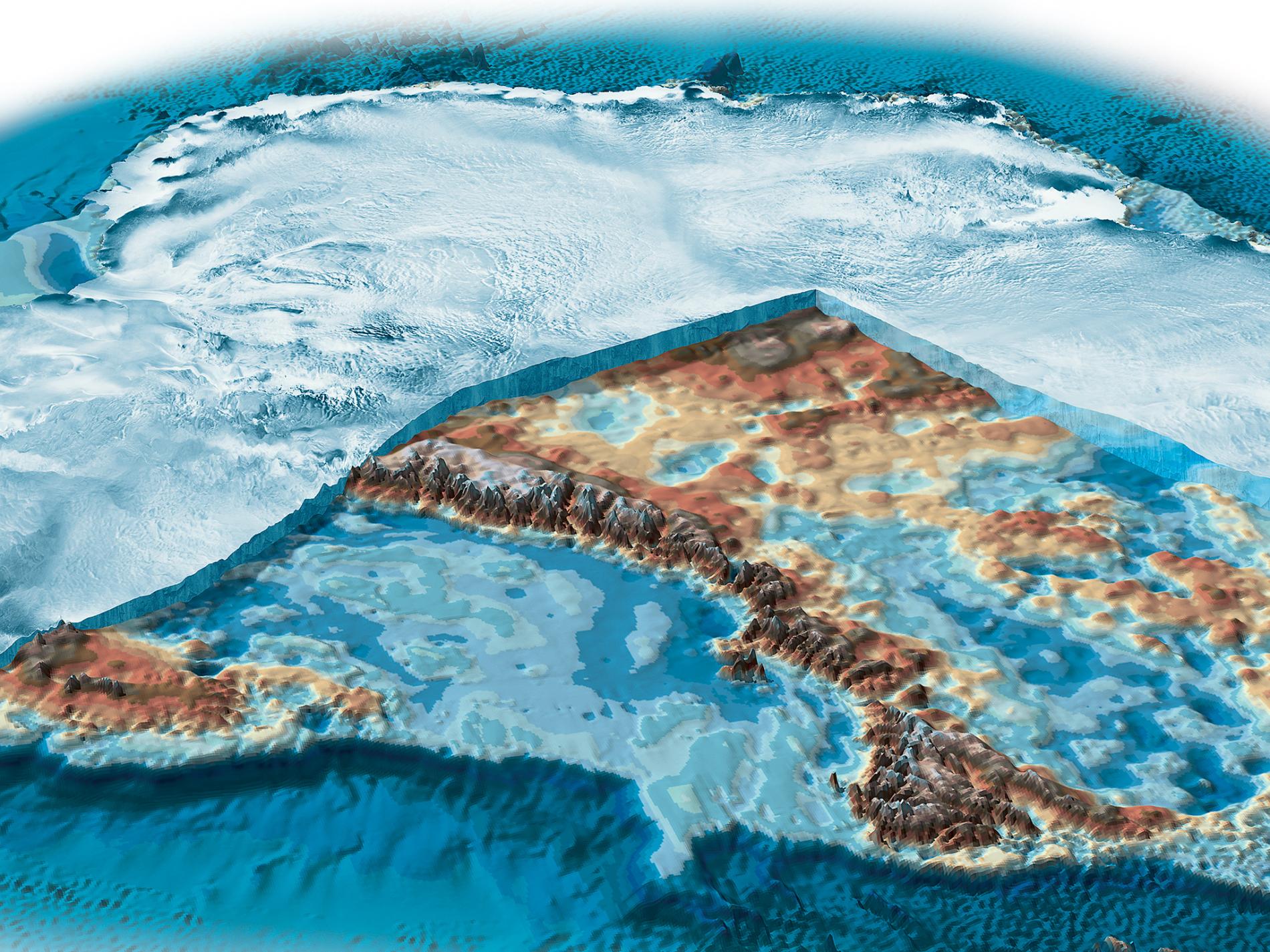
Scientists have discovered active methane leaking from Antarctica’s seabed, which has caused widespread alarm. The events that possibly lead up to it are still not confirmed and research is going on to analyse how and why the leak happened. Scientists have hypothesized that this could probably be the result of warming up of oceans, as reported by Wion.
This methane leak was first spotted in 2011 when deep-sea divers had noticed it, and was taken up for research by scientists in 2016.
Methane is one of the primary contributors to climate change and is a very harmful gas. It was found to have been stored under Antarctica seabed at a large quantity and has been termed as “incredibly concerning” by scientists. What is surprising is the fact that the Ross Sea, which houses Antarctica’s seabed, has not been found to be heating up enough so as to release the trapped methane.
Andrew Thurber one of the researchers in this project had told The Guardian that, in addition to the fact that there is a methane leak, the absence of any microorganisms down there is more alarming. He added that the microbes in question came from an unexpected strain. He added how it might take over 10 years for a community to fully adapt to consuming methane.




